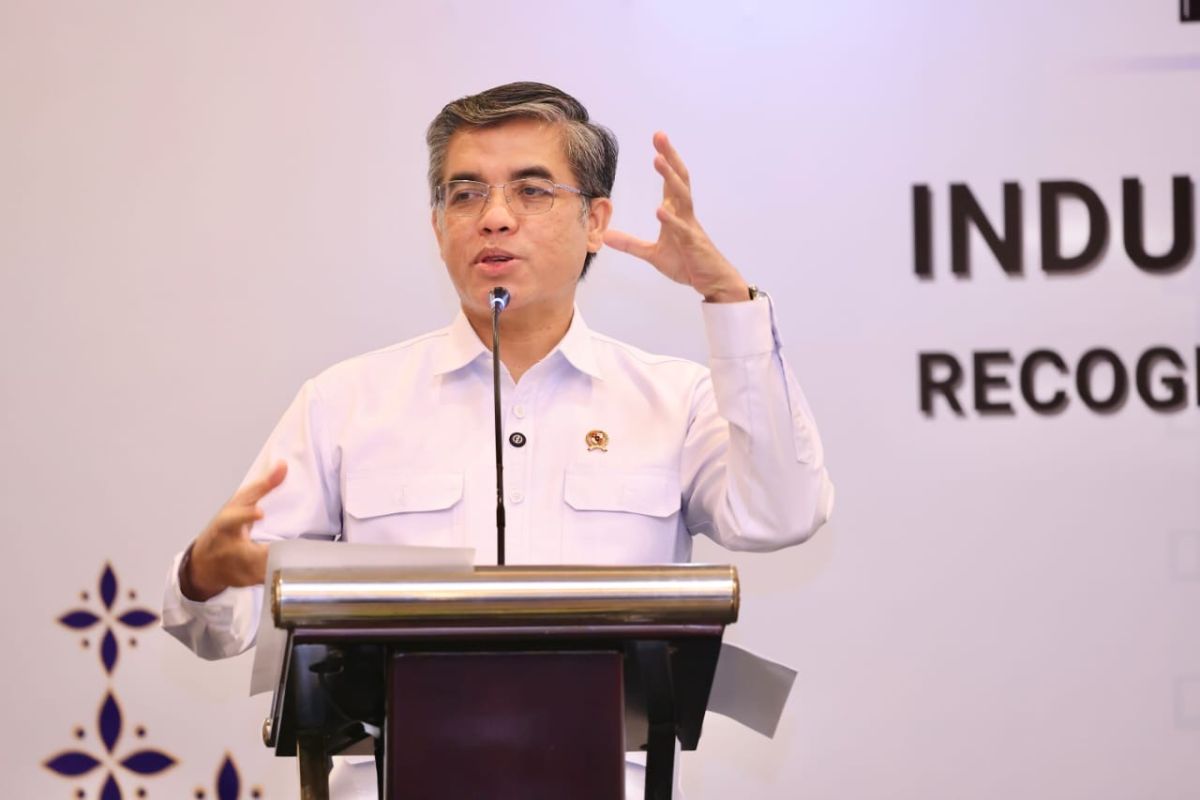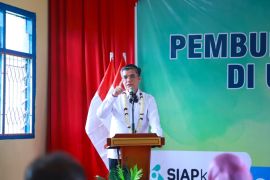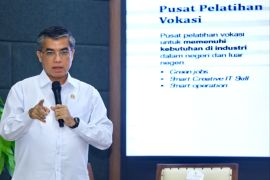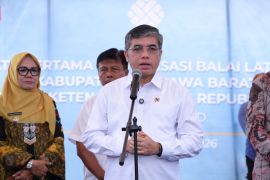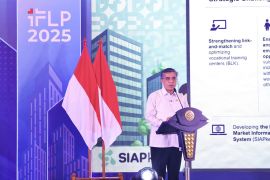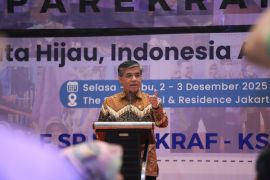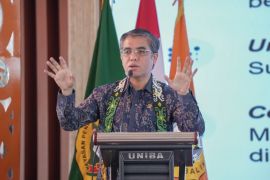“OSH is not merely a normative requirement but a key part of the national strategy to build a safe, healthy, and productive working environment,” Yassierli said in a statement.
He said the ministry’s initiatives focus on capacity building, regulatory reform, and cross-sector collaboration as part of the country’s sustainable development agenda that prioritizes worker safety and health.
Among the key measures, the ministry is reforming the national OSH training, testing, and licensing ecosystem through digital transformation of its services. It is also updating regulations and enhancing the professionalism of labor inspectors and OSH assessors.
“The fourth initiative is strengthening the integrated work accident reporting system, and the fifth is developing OSH digital platforms such as Teman K3 (OSH Friend) and Norma-100,” he said.
Related news: Indonesia boosts licensing integrity for foreign workers, OSH services
The sixth initiative seeks to boost participation from communities, labor unions, professional associations, universities, and OSH advocacy groups. These stakeholders are expected to play a greater role in preventive safety programs and joint workplace inspections to improve compliance across industries.
Yassierli underscored that the government’s broader goal is to embed OSH within Indonesia’s national development framework to protect workers and enhance productivity across sectors.
To support that effort, the government launched the 2024–2029 National Occupational Safety and Health Program earlier this year. The plan sets a target of reducing workplace accidents by at least 10 percent annually from the 298,137 cases recorded in 2022.
The program, he added, represents Indonesia’s long-term commitment to lowering occupational risks while strengthening the country’s competitiveness and labor standards in line with global benchmarks.
Related news: New national OSH program expected to support PSN development: Minister
Translator: Arnidhya Nur, Raka Adji
Editor: Rahmad Nasution
Copyright © ANTARA 2025
